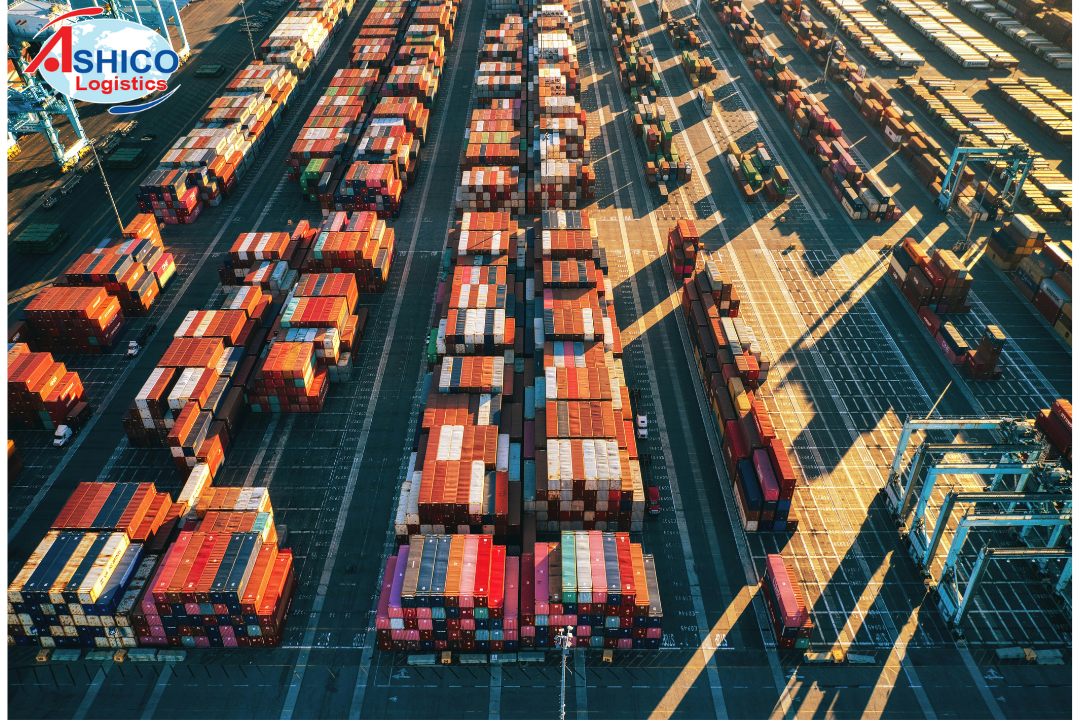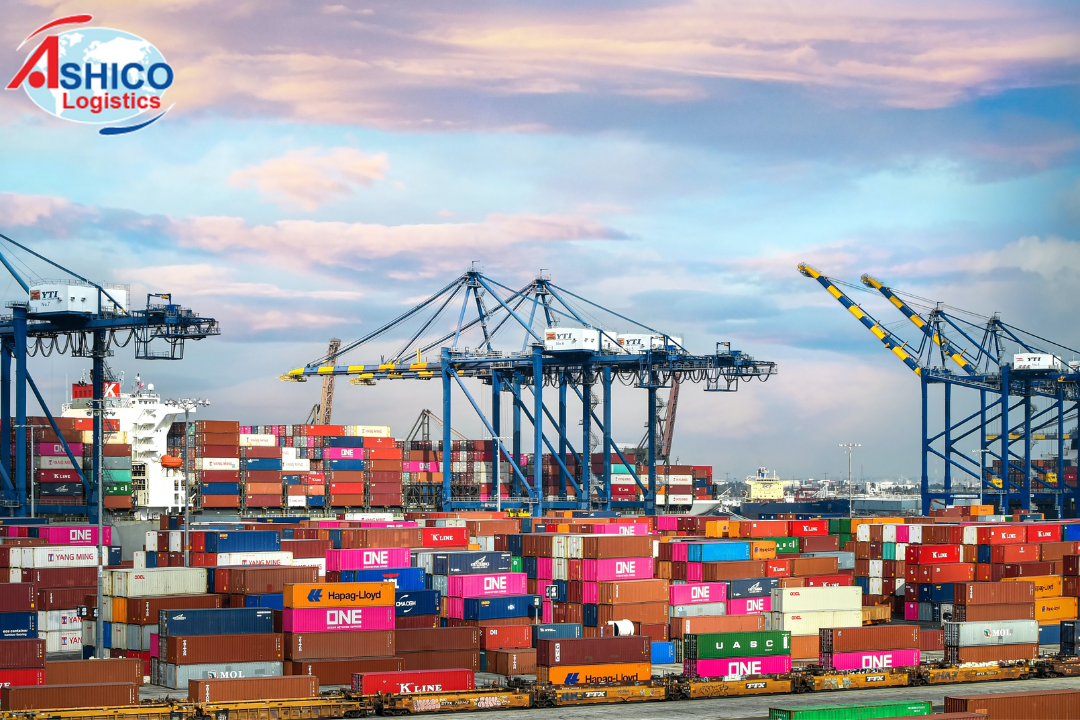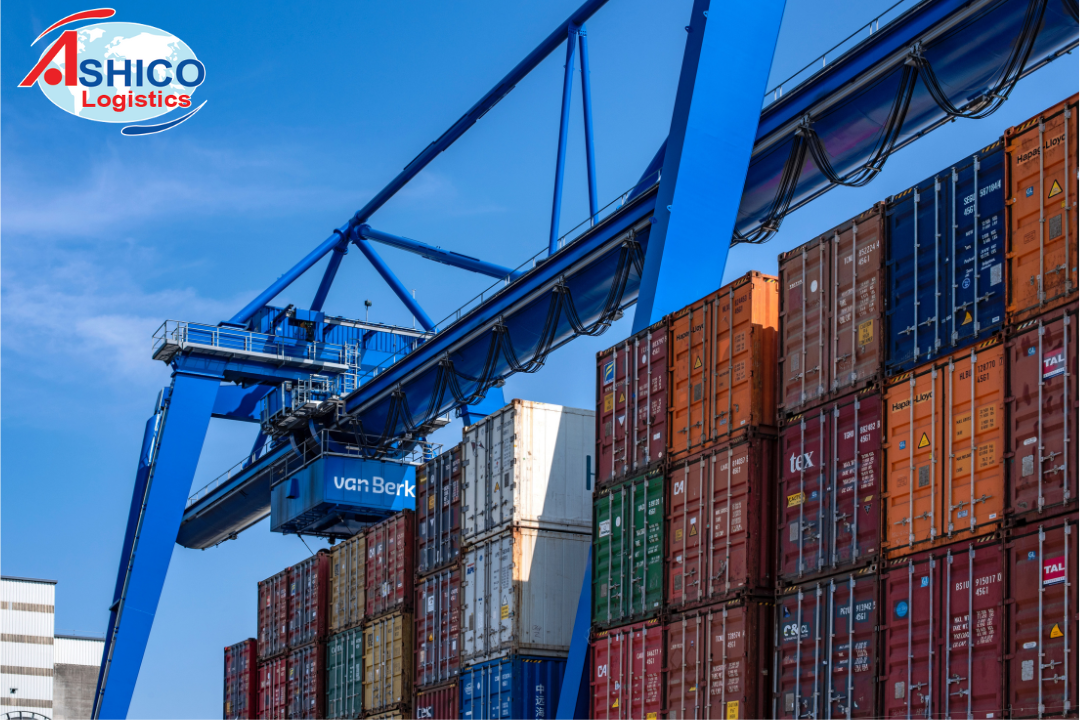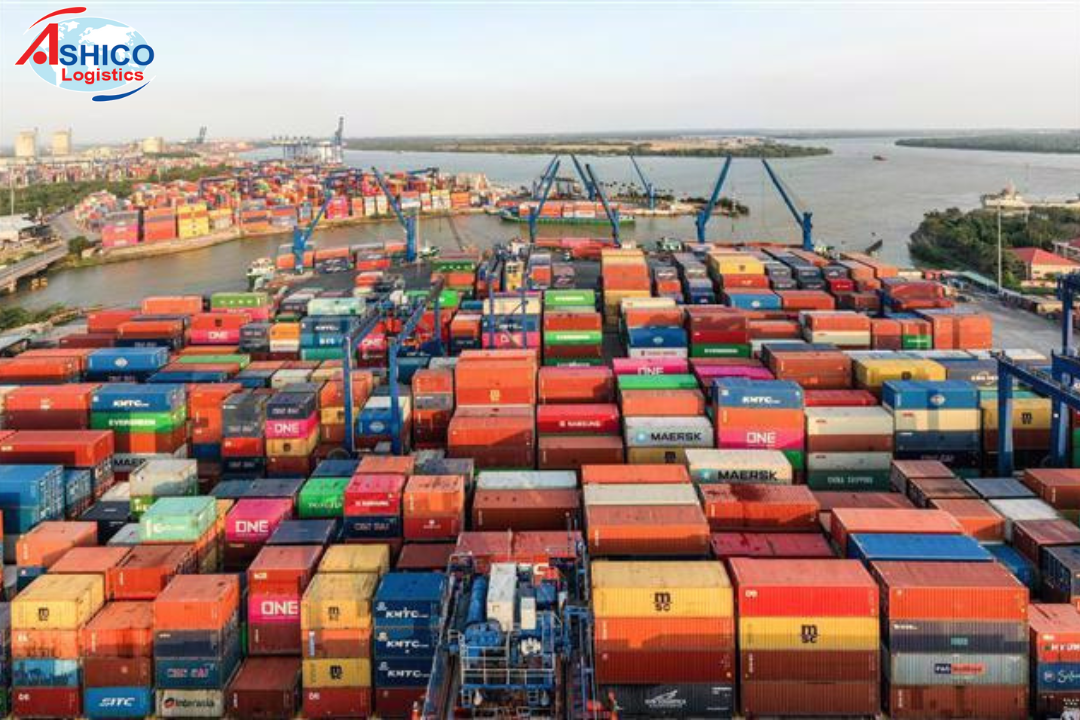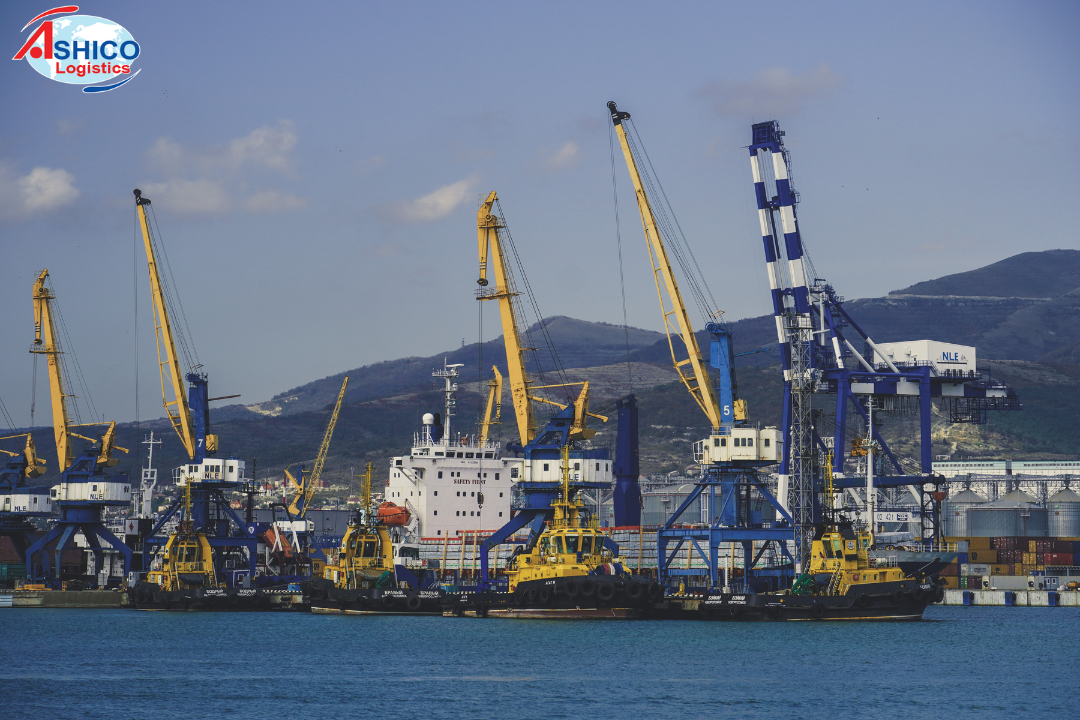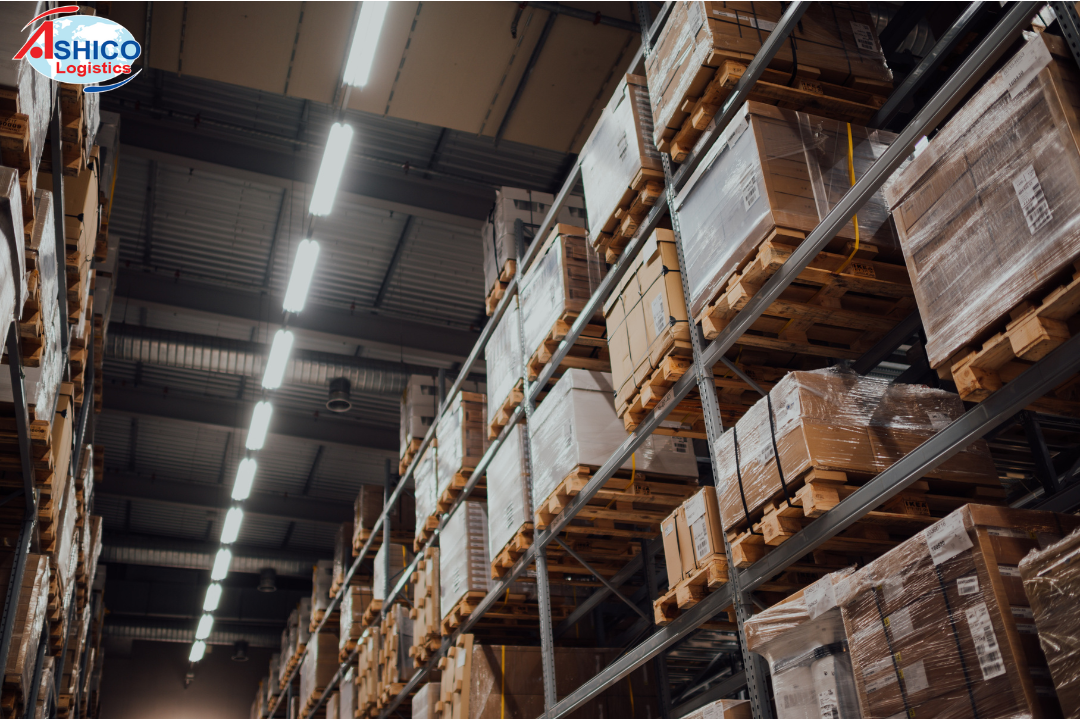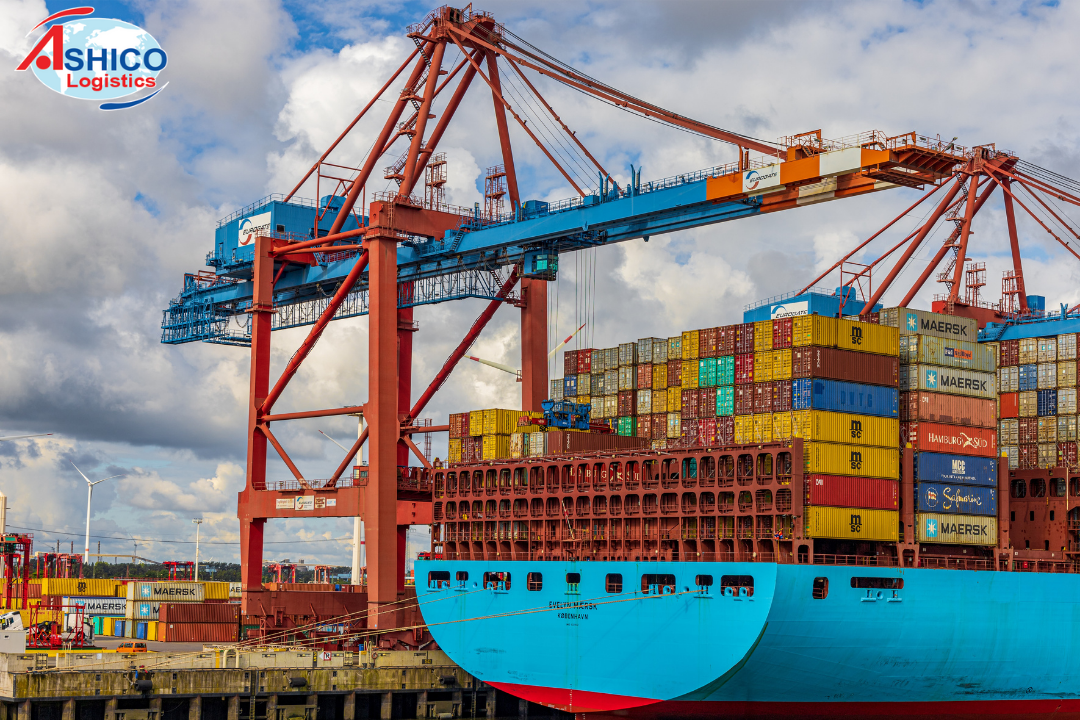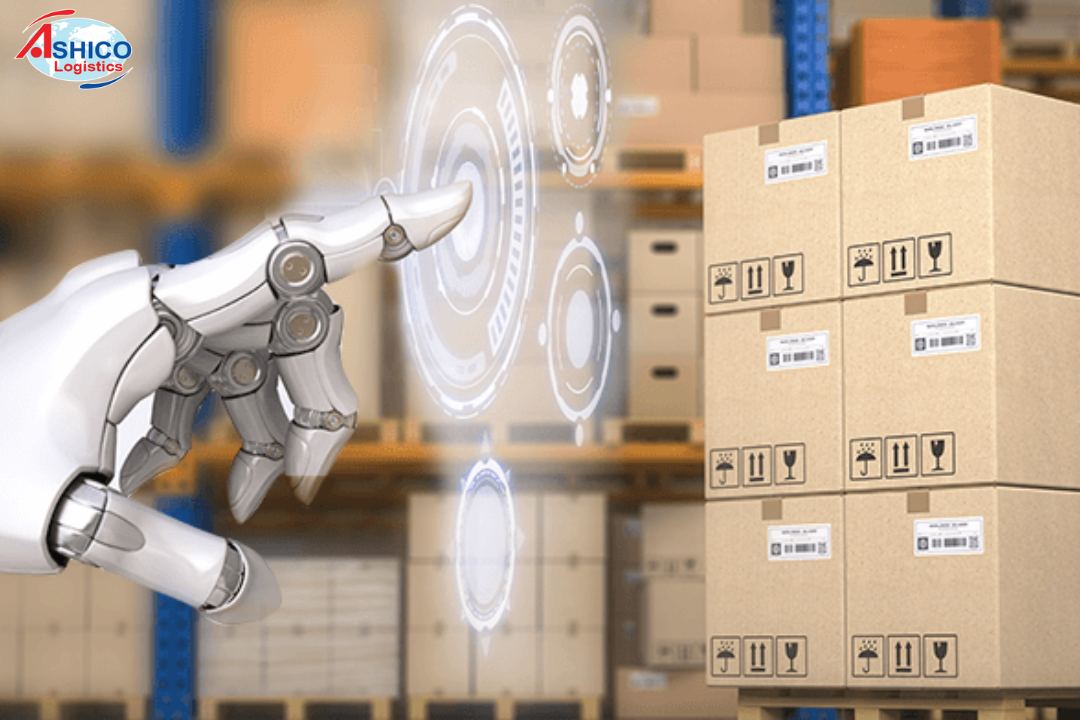
What is intelligent automation in the logistics industry?
Intelligent automation is the combination of artificial intelligence (AI) with robotic process automation (RPA), making work more consistent and agile.
In which, AI is the most important component because it plays the role of "decision engine" for intelligent automation. Advanced AI algorithms can also enable RPA tools and software to handle more complex tasks.
(3).png)
Logistics businesses should apply intelligent automation to increase transportation productivity.
Improved productivity is one of the key benefits of smart automation because everyone can do their work more efficiently and with fewer errors. At the same time, employees can also apply more streamlined processes to get the desired results. AI will do most of the previously manual work, allowing humans to focus on higher-value tasks.
Logistics managers should also adopt intelligent automation to promote better record-keeping by reducing duplication, typos, etc. Intelligent automation in the logistics industry also helps in efficient delivery of goods. more, especially since many big brands have partially used AI to improve delivery. Typically, Walmart's express delivery service is always ready for more than 150,000 items, using AI algorithms to speed up delivery. Their customers usually receive their products within two hours.
Intelligent automation in the logistics industry also improves the customer experience. Through chatbots, carriers can efficiently answer simple questions as business process automation (BPA) can categorize the most frequently asked questions.
The use of intelligent automation in the logistics industry is not yet widespread. Meanwhile, this makes it easier to manage labor shortages and create a safe working environment. AI and additional types of automation also enable leaders to ensure employees perform at their best.
Ron Finemore Transport, a logistics company operating in Australia, has used intelligent automation to improve the way an existing transport management system (TMS) works. Before making that change, employees must manually update the TMS with data from the secondary telecommunications system. The main benefit of TMS is to provide customers with real-time data on the location of delivery vehicles. However, worker productivity suffers from having to manually enter information.
Another case related to logistics and freight forwarding is Davies Turner. The company's managers wanted to use automation to reduce the manual labor involved in answering customer inquiries. Responses often take a long time because third-party logistics providers' websites must be accessed to enter parcel tracking information.
Davies Turner pursues automation by launching more than 520 software robots to handle customer inquiries. Ultimately, the bots processed more than 30,000 pieces of data or files per week and about 7,500 executions per day.
These early efforts highlight the potential benefits even for companies not using full AI solutions. Many decision makers, especially those new to automation and other advanced technologies, may want to implement a component of AI before using a solution that includes all three.
Phi Hung (according to Global Trade)

